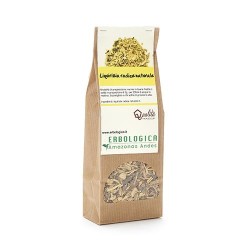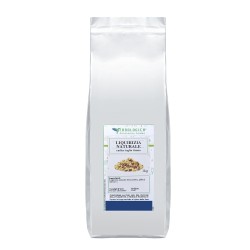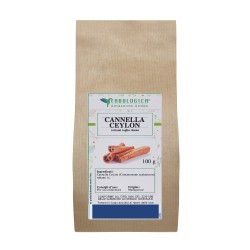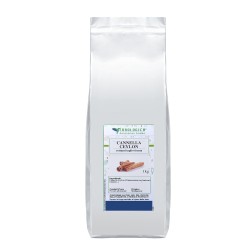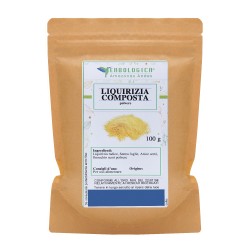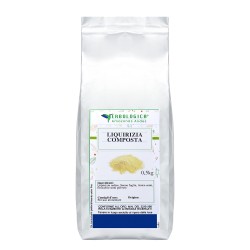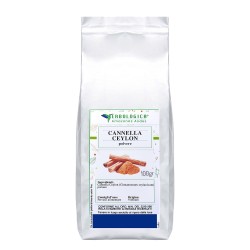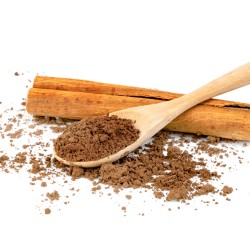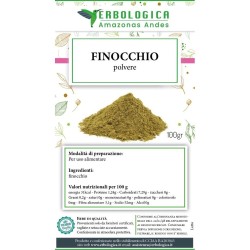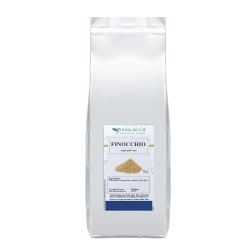
L'asma è una malattia cronica che colpisce le vie aeree.
Provoca il restringimento delle vie aeree e provoca attacchi ricorrenti di mancanza di respiro, respiro sibilante e difficoltà respiratorie.
Sebbene non esista una cura per l'asma, è possibile gestirla assumendo regolarmente farmaci
e apportando modifiche allo stile di vita per prevenirne le riacutizzazioni.
Nella medicina tradizionale si utilizzano varie erbe per trattare diverse condizioni di salute.
Pertanto, se soffrite di asma o avete una storia familiare di asma, dovreste prendere in considerazione
l'uso di rimedi erboristici per gestire i vostri sintomi.
In questo articolo vi presentiamo alcuni rimedi naturali che possono aiutarvi a controllare l'asma.
Continuate a leggere per saperne di più.
Per saperne di più sull'asma
L'asma è una condizione in cui le vie aeree sono infiammate, ristrette e affannose, con conseguente difficoltà di respirazione.
Infatti, la parola "asma" deriva dal termine greco "asthma", che significa "mancanza di respiro".
L'asma può essere causata da vari fattori come allergie, infezioni, stress e freddo.
Il sintomo più comune dell'asma è la mancanza di respiro.
Altri sintomi sono il respiro affannoso, la tosse, la respirazione difficoltosa e la sensazione di oppressione al petto.
La gravità di questi sintomi può variare da persona a persona.
Utilizzo della cannella per controllare la mancanza di respiro
La cannella è un'erba antica che viene utilizzata come agente aromatizzante negli alimenti.
Viene anche utilizzata per lenire i disturbi respiratori.
I composti della cannella hanno proprietà antinfiammatorie e possono alleviare i sintomi dell'asma.
La cannella è utile anche per trattare la mancanza di respiro.
È in grado di rilassare i muscoli delle vie respiratorie, facilitando il passaggio dell'aria.
La cannella è disponibile sotto forma di capsule o di polvere macinata.
È possibile aggiungere la cannella agli alimenti come aroma o bere il tè alla cannella.
Alleviare la mancanza di respiro con il finocchio
Il finocchio è un'erba medicinale con proprietà antinfiammatorie.
È comunemente usato nella medicina ayurvedica per trattare l'asma.
Ha un effetto calmante sulle vie respiratorie ed è anche utile per ridurre la tosse.
Il finocchio ha un sapore dolce e piccante, che lo rende un'ottima aggiunta a insalate, zuppe e piatti di pesce.
Si può anche preparare un tè aggiungendo i semi di finocchio all'acqua bollente.
Usare lo zenzero per combattere le infiammazioni
Le proprietà antinfiammatorie dello zenzero possono aiutare a ridurre i sintomi dell'asma, come respiro affannoso, mancanza di fiato e tosse.
Lo zenzero è utile anche per i pazienti che soffrono di altre condizioni allergiche, come rinite allergica (febbre da fieno),
dermatite atopica (eczema) e orticaria (orticaria).
Lo zenzero può essere consumato sotto forma di tè.
Si può anche aggiungere lo zenzero fresco alle zuppe, agli stufati e ai soffritti.
Facilitare la respirazione polmonare con la liquirizia
La liquirizia è un'erba considerata benefica per le persone affette da asma e bronchite.
Ha proprietà antinfiammatorie che possono alleviare la mancanza di respiro.
È stato dimostrato che la glicirrizina, un composto presente nella liquirizia, è efficace quanto i farmaci antiasmatici come gli steroidi.
Molti studi hanno dimostrato che la liquirizia può essere utile nel trattamento dell'asma.
Questa erba si è rivelata utile anche nel trattamento della febbre da fieno.
Conclusione
Come si può vedere, le erbe possono essere utilizzate per trattare l'asma con la stessa efficacia dei farmaci da prescrizione.
La cosa migliore è che non hanno effetti collaterali, quindi non dovete preoccuparvi di eventuali effetti negativi.
Tuttavia, questi rimedi possono essere molto efficaci solo se utilizzati regolarmente.
Quindi, se volete trattare i sintomi dell'asma con le erbe, dovete essere costanti nel loro utilizzo.
Se siete alla ricerca di metodi naturali per gestire i sintomi dell'asma, dovreste provare a usare queste erbe.
Sono efficaci e sicure per l'uso a lungo termine, quindi potete usarle per tutto il tempo necessario.


